4 Things to Consider Before Renting Heavy Equipment
Renting heavy equipment can be a smart and cost-effective choice for construction, landscaping, and industrial projects. It allows you to complete jobs efficiently without the long-term commitment or expense of ownership. However, before signing a rental agreement, it’s important to evaluate a few key factors that can influence your project’s success.
1. Understand Your Project Requirements
Before renting heavy equipment, take time to assess your project’s full scope. Determine what type of machinery you’ll need, how long you’ll need it, and what specific tasks it must perform. For example, a compact excavator may be perfect for tight spaces, while a larger bulldozer is better suited for heavy earthmoving. Choosing the right machinery ensures optimal performance and minimizes downtime. Remember, the wrong choice can lead to inefficiency, delays, and unnecessary costs.
2. Set a Realistic Budget
One of the biggest advantages of renting heavy equipment is saving on ownership and maintenance costs—but that doesn’t mean it’s free of expenses. When setting your budget, include not only rental rates but also fuel, transportation, and insurance costs. According to Global Market Insights, North America accounted for over 35% of the global construction equipment rental market in 2024, with the U.S. leading the region. This competitive market means pricing and rental options vary widely, so it’s wise to compare rates and contract terms before making your decision.
3. Ensure Operator Training and Safety
Having a qualified operator is essential for using rented machinery safely and effectively. Some rental companies offer certified operators or training programs to help ensure proper use. If your team will handle the equipment, confirm they’re trained, licensed (if required), and familiar with the machine’s controls and safety protocols. Misuse of heavy machinery can lead to costly damage, injuries, or project delays—so investing in proper training is always worthwhile.
4. Inspect and Maintain the Equipment
Before accepting delivery, inspect the machinery carefully for any signs of wear or damage. Confirm that the rental company performs regular maintenance and provides documentation for it. During your rental period, keep the equipment clean and follow recommended operating practices to prevent unnecessary breakdowns.
Renting heavy equipment gives your business access to the tools needed to get the job done—without the high costs of ownership or long-term maintenance. By assessing your project needs, setting a solid budget, verifying operator expertise, and inspecting your rental, you’ll set your project up for success.
Ready to rent dependable heavy equipment for your next job? Contact A-1 Rent All today to find the right tools and machinery for your project.
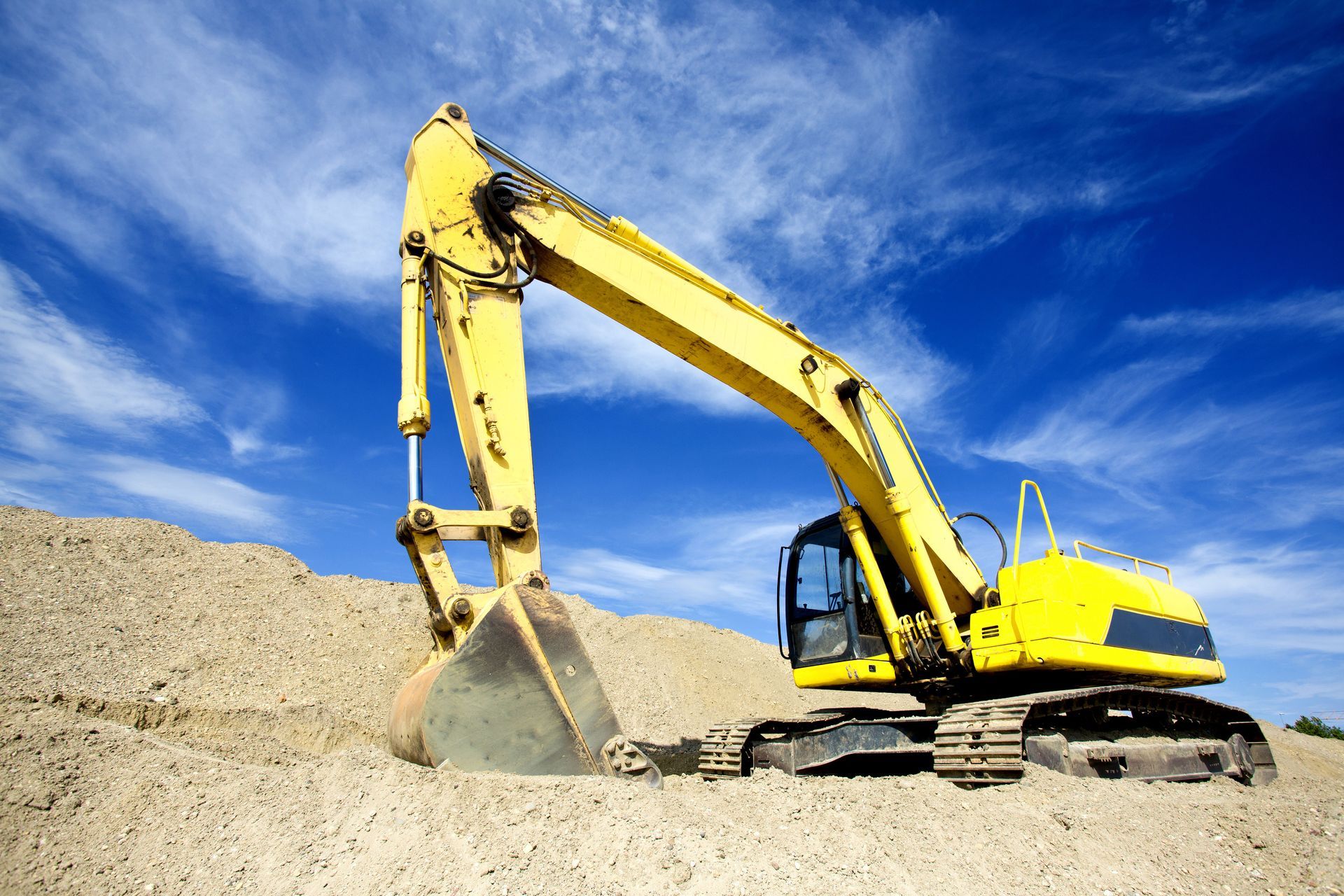
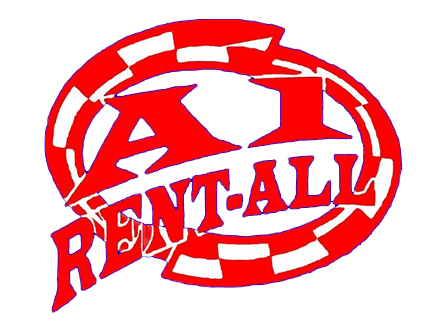
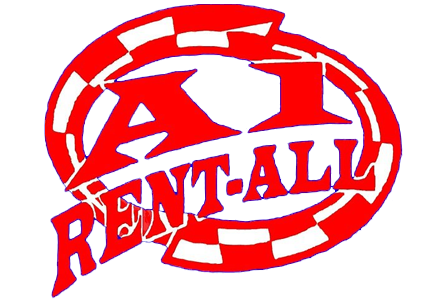

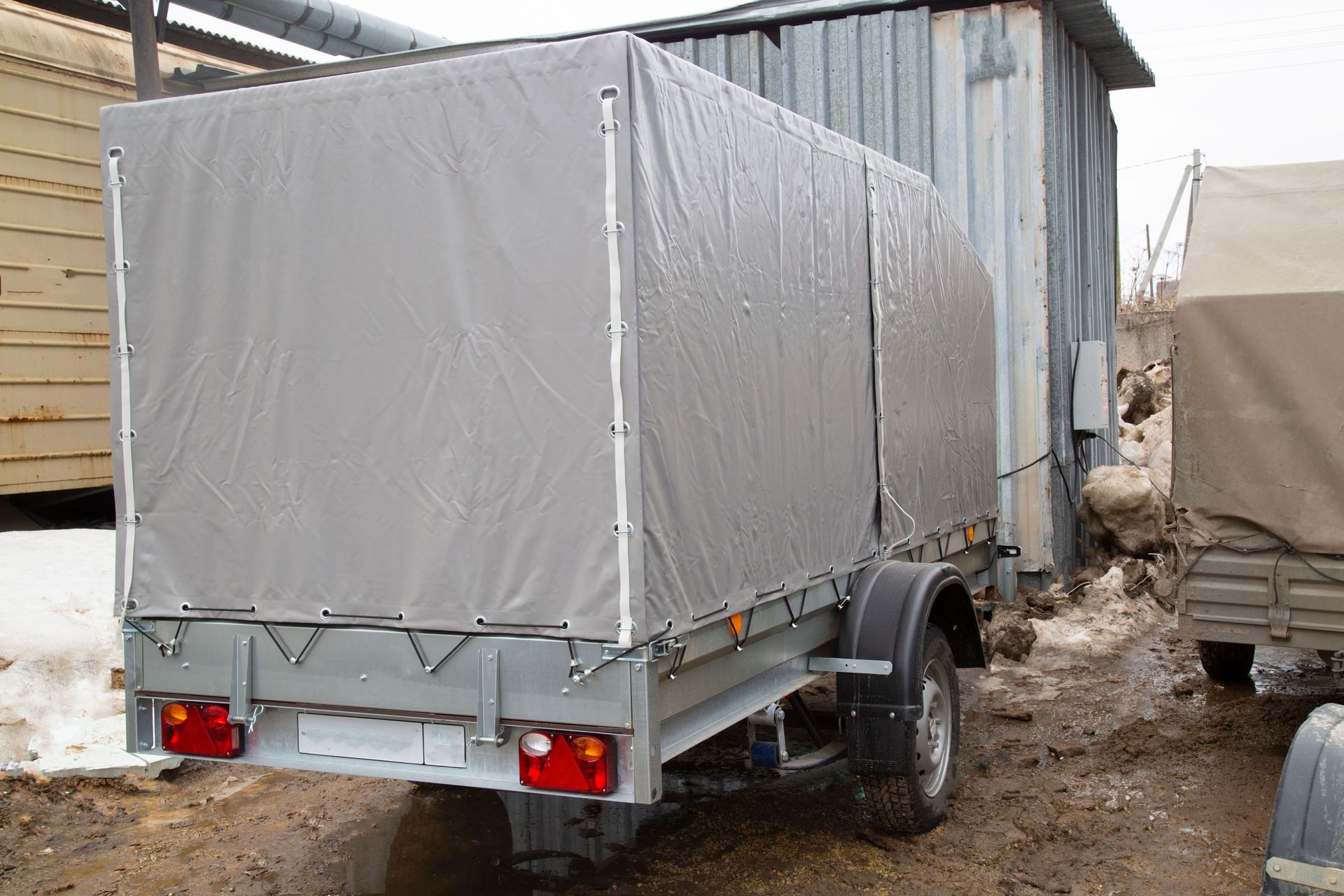

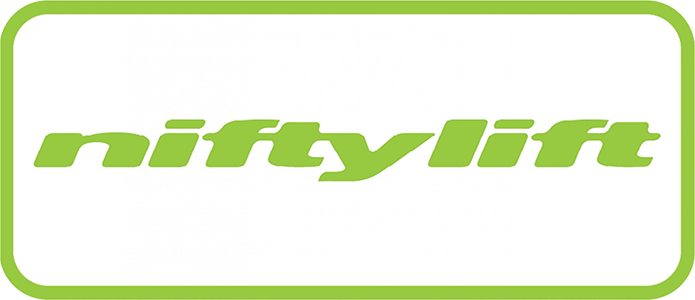

Share On: